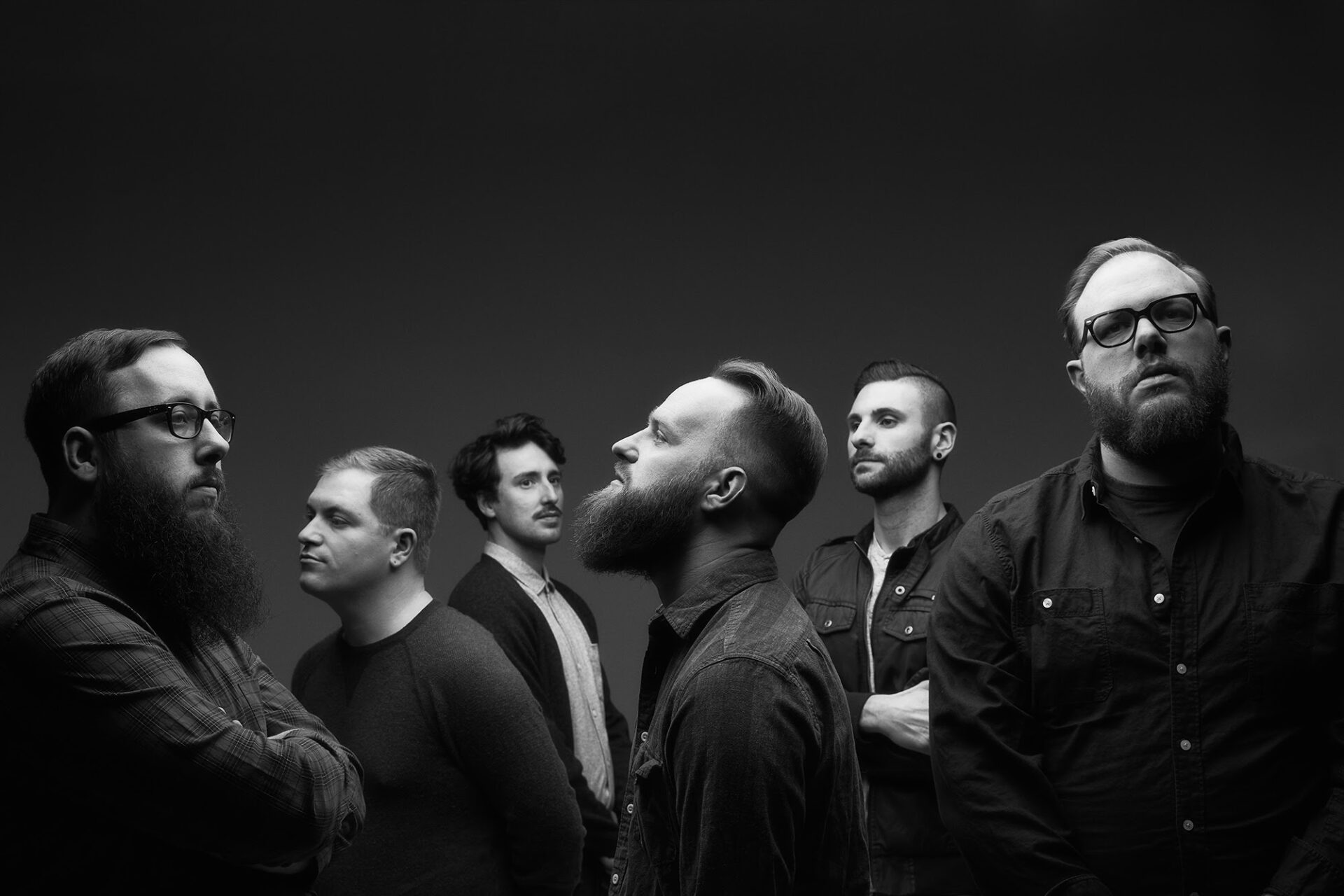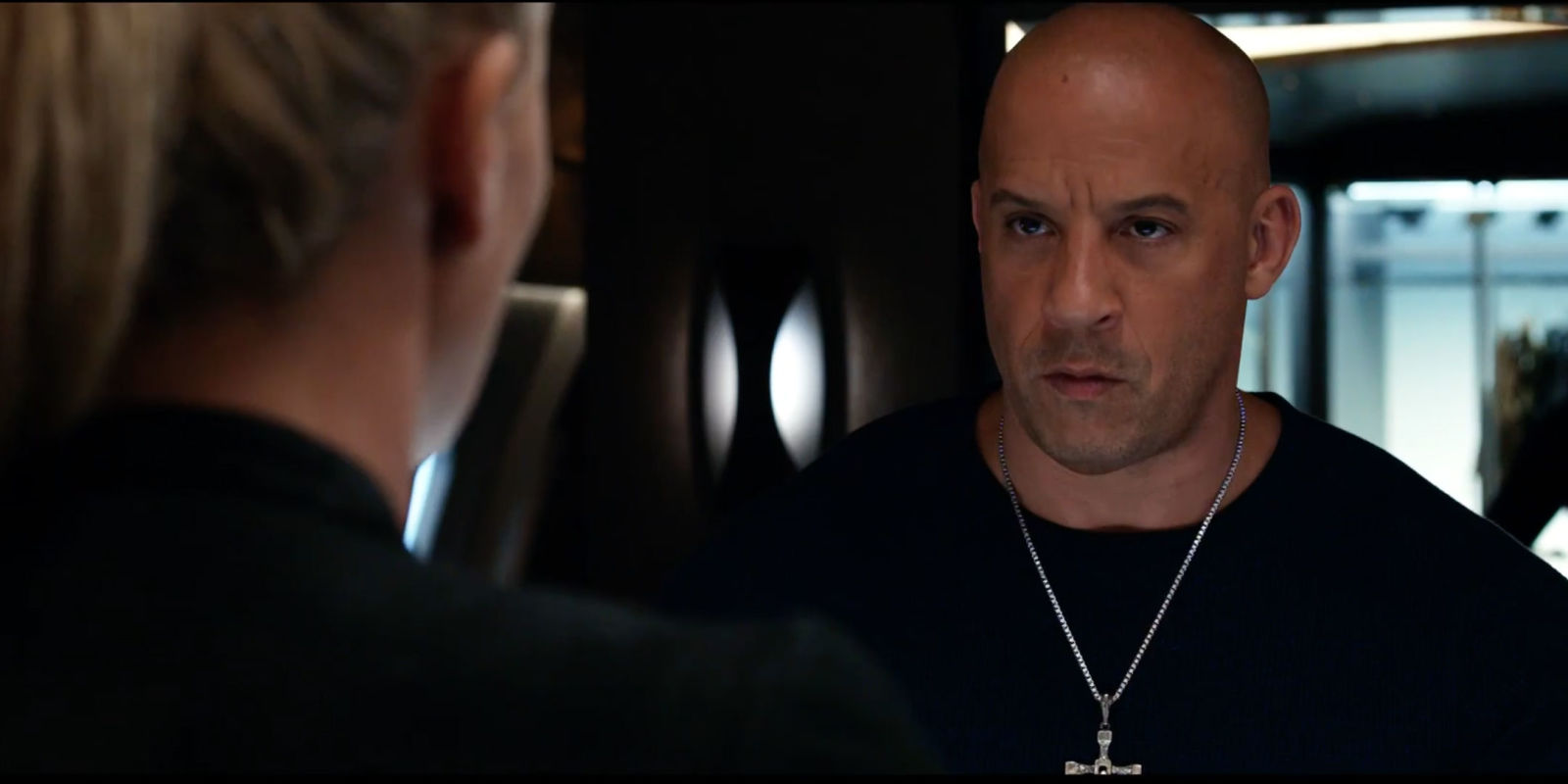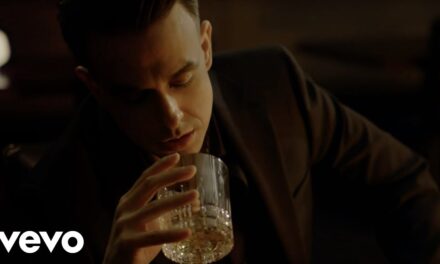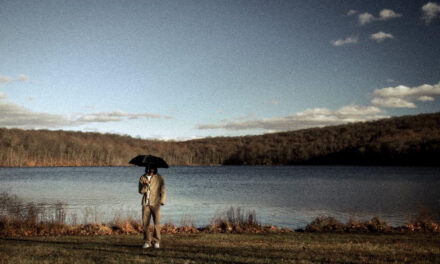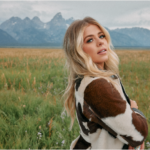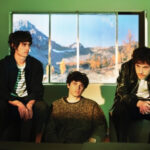My Aunt Mary’s obituary is sparse. It doesn’t say much, just that she was 102 when she died last August, that she was married to my late Uncle Ray, and that she is survived by “numerous nieces and nephews, grand and great.” There is no specific mention of my mother, my grandmother, myself, or any of her surviving extended family members. Three of its eight lines are dedicated to the full address of the church that held her funeral. I do not like the font it’s set in. I’m reading it for the first time as I draft this, and I wish I had read it sooner.
I wish I could have written her a longer one. That’s the specific tinge of regret I feel when I read the eight lines of my aunt’s obituary. I wish I had read it soon enough to write her something more complete for her funeral service, or even just for something like a newsletter that only my family could see. I found out that Aunt Mary died on my first day of orientation for my graduate writing program, and reading that short obituary as my first year of school draws to a close, it’s hard not to feel like I’ve spent the past year writing everything except for the one thing I should have written.
Technically my great-great aunt, Aunt Mary was 80 years old when I was born. I often joked that she was old for my entire life. She survived cancer, strokes. She made it through her nineties, hit 100, and kept on living for a few years after that. Every year felt like it could have been Aunt Mary’s last; everyone knew that last year was coming sooner than later. When it finally arrived, no one was surprised, and when the news hit, I wondered if anyone in my family felt the type of grief usually reserved for the moment one finds out a family member has passed away.
I was too busy to feel that grief. I had just moved into my new apartment in New York City, and my new life as an MFA student had just begun. I was mostly concerned with making friends, ensuring I had all the right books I’d need for the semester, and trying not to get lost in the subway system. I had no time to mourn, so I didn’t.
In the year I’ve spent here, one thing I’ve learned about New York City is that it is difficult to feel alone here. A city built toward the sky, New York is one of the most populated areas on the planet, and there is usually someone looking down on you from their skyscraper balcony in Manhattan, or walking behind you in Prospect Park, or peeping through your window while hanging out on the Brooklyn rooftop outside your kitchen. But despite this, I’ve spent much of the past year feeling lonely.
This cognitive dissonance comes from the fact that loneliness is a relative concept. Loneliness is the acknowledgement of a specific missing piece of a whole, not general sadness stemming from isolation. When we feel lonely, we are mourning what we feel we have lost more than we are acknowledging our involuntary solitude. I know this because the other night, when I sipped from a can of beer in the back of a concert venue and watched a band called The Wonder Years play a sold-out show at PlayStation Theater in Times Square, I felt incredibly lonely. Despite being surrounded by thousands of people in the busiest part of Manhattan on a Saturday night, I felt mournful of all the friends I used to see The Wonder Years with over the better part of the past decade. I was in high school when the band released The Upsides, Suburbia I’ve Given You All And Now I’m Nothing, and The Greatest Generation, the trilogy of genre-defining pop-punk records with their trademarked realist lyricism that turned the Philly-based band into an unstoppable movement in the alternative music scene. My group of tight-nit friends and I used to follow them everywhere in the tri-state area and scream along from every venue between South Jersey and Poughkeepsie as the rooms got bigger and the crowds grew more passionate and the ticket prices went up.
I felt lonely when the setlist took a dive into songs from that trilogy of records. I thought about Alex, Jake, all the friends with whom I’d drive all over the Northeast to see this band play music, how we all grew older, moved away, and found jobs, pursuits, and people we felt more passionate about. We disconnected, as high school friends do. As I stood in the back of PlayStation Theater, I thought of every show we’d ever driven to in Jake’s minivan. I missed them all. I was happy to hear those old songs again, but I could feel my friends’ vacancy as I stood alone at the periphery of a mosh pit. As frontman Dan Campbell sings on the band’s new record, Sister Cities, “When the furnace goes, it’s the absence of heat that hurts more than the cold.”
After playing a few old songs, Dan turned to the crowd and extended thanks to anyone who had supported Sister Cities thus far. The crowd cheered, and Dan continued on about the record, how proud of it he was, that it is a record about empathy and how the distance between us isn’t so big after all. The crowd roared with applause. I shook my head.
I didn’t believe him. At best, I thought that was an overly-optimistic way to describe a record that opens with “Raining In Kyoto,” a song where Campbell recounts hearing about the death of his grandfather while the band was on tour in Japan, and breaking down in a Kyoto temple in the pouring rain, trying to light a prayer candle. In the chorus, Dan screams, “You’re half awake, and I bought you a radio to play the blues away / With my hand to hold, you asked about the weather, wish they’d let you die at home” before the band descends into one of its discography’s heaviest moments, a discordant breakdown where guitarists Casey Cavaliere, Matt Brasch, and Nick Steinborn linger a little bit longer on the sustained chords than they might have on 2015’s No Closer To Heaven. The track is followed by “Pyramids of Salt,” where Dan compares the grief of knowing a loved one will die soon to the act of drowning, beating hands against the water and trying to stay afloat, knowing there is no solid ground on which to anchor oneself when death draws near. Later in the tracklisting, on “When The Blue Finally Came,” Dan recalls feeling the departed spirits in Japan’s Aokigahara forest, feeling powerless to ask the ghosts of loved ones to stay with him just a little bit longer.
Dan finished thanking the crowd, and the band kicked into “Raining In Kyoto,” and as he shouted that chorus, I thought about Aunt Mary, who had been dead for nine months. I remembered feeling too busy and too far away from my family and friends to mourn. I wondered how Dan could say that Sister Cities is about anything other than the agonizing, elongated, multi-faced loneliness one feels when a loved one dies and you’re too far away from home to be held by your people.
When “Raining In Kyoto” came to a close, I thought about leaving the show. My beer was nearing its end, I didn’t have enough money in my pocket to buy another at exorbitant venue rates, and I figured that if I wanted out, I had my chance. I thought about catching a Q train, using what few dollars I had to grab a slice at my favorite pizza place in the Village, and cutting my losses for the night.
The thing about The Wonder Years is that their message relies on believing that everything they say is true. The problem was that I didn’t. When I was younger, at the show nights I’d spent shouting words back at the band, there was something magical about the feeling of knowing everyone in the room believed in unison that the key to self-preservation is that “It’s not about forcing happiness, / it’s about not letting sadness win,” as Dan sings on Suburbia’s “Local Man Ruins Everything.” So much of my enjoyment of the band over the years came from the feeling of being with friends, shouting those words back at Dan, and being with my people as we realized that we all shared the same feeling of subtle, suburban unhappiness that bound us together as a community. The catharsis of The Wonder Years comes in the form of yes, I see you in your unhappiness, I understand your inexplicable malaise, and I am here in the margin with you, so sing with me, because that is all we can do to fight back what hurts us. When Dan said something that I pegged as less than honest that night, I felt that façade, that community, crumble a bit. It’s possible, I thought, that I outgrew my enjoyment of this band when my own reckoning with grief deviated from Dan’s. Maybe, years after graduating high school, expanding my world view, moving away from my suburban beach town, and deviating from the suburbia-centric world that The Wonder Years spent several records championing, I was no longer understood.
After a few minutes of weighing my options, I decided to stay. I washed my hands in the restroom with cold water, pulled myself together, and returned to the crowd. I was lonely but determined to find a good time. Maybe they’ll pull out an old B-side, I thought. (They did, and I lost my voice shouting along to “I Was Scared & I’m Sorry,” but I digress).
The last song in the setlist was “The Ocean Grew Hands To Hold Me,” the closing track on Sister Cities. It’s a slow song, the type of song you know will swell and grow into something bigger and louder before it ends. The gentle sway of Mike Kennedy’s drumming and the synthesizer bassline emulated the push and pull of the tide. In a quiet voice, Dan sang to us about the healing powers of the ocean. As the band grew louder and the inevitable crescendo grew nearer, the fourth verse hit. The lights went dark. Dan hit a near-whisper as he sang;
I stopped blaming God when you said you were sick.
I learned to lean on the people who love me
when the sutures start to split.
I trust in the current to pull you back in.
I miss everyone at once,
but most of all,
I miss the ocean.
The lights flashed, the song’s chorus melody erupted over the PA, and bodies of crowdsurfing attendees flew through the air. I felt the current of the ocean in the room. I remembered a photograph.
Aunt Mary must be 81 or 82 years old, standing tall in a bathing suit on the beach with her toes in the ocean and holding me, a baby, with my head resting on her shoulder. I think we’re somewhere in southern New Jersey where she vacationed throughout her adult life, a few hours from where she lived in eastern Pennsylvania, a few hours from where I grew up in central New Jersey. It’s a sweet photo that my mom likes to bring out every now and again, but the thing I like so much about it is that Aunt Mary looks exactly like how I remember her, how she looked every year when we showed up at her house for Christmas or Easter. I grew up, but Aunt Mary didn’t change too much in the twenty-two years we coexisted on Earth. She was always old, even when I was a baby in her arms, at the edge of the water. It is the same water that I spent my childhood swimming in when the summer hit our beach town. It is the same water that hugs the eastern border of New Jersey, never more than a half hour from any of the towns where my friends ended up. It is the same water that separates my home in New Jersey from my apartment in New York. It is the same water that holds our planet together.
The final cymbals crashed and the final chords rang out and The Wonder Years walked off stage. Trying to beat the crowd and happy with myself for having stayed this long, I headed for the door.
As I stood on the Q train, bound for 14th Street, I thought about Aunt Mary. I thought about the photograph. I remember how many years it had been since I had seen her, how I didn’t know for certain if she looked the same when she died. I held back my tears.

